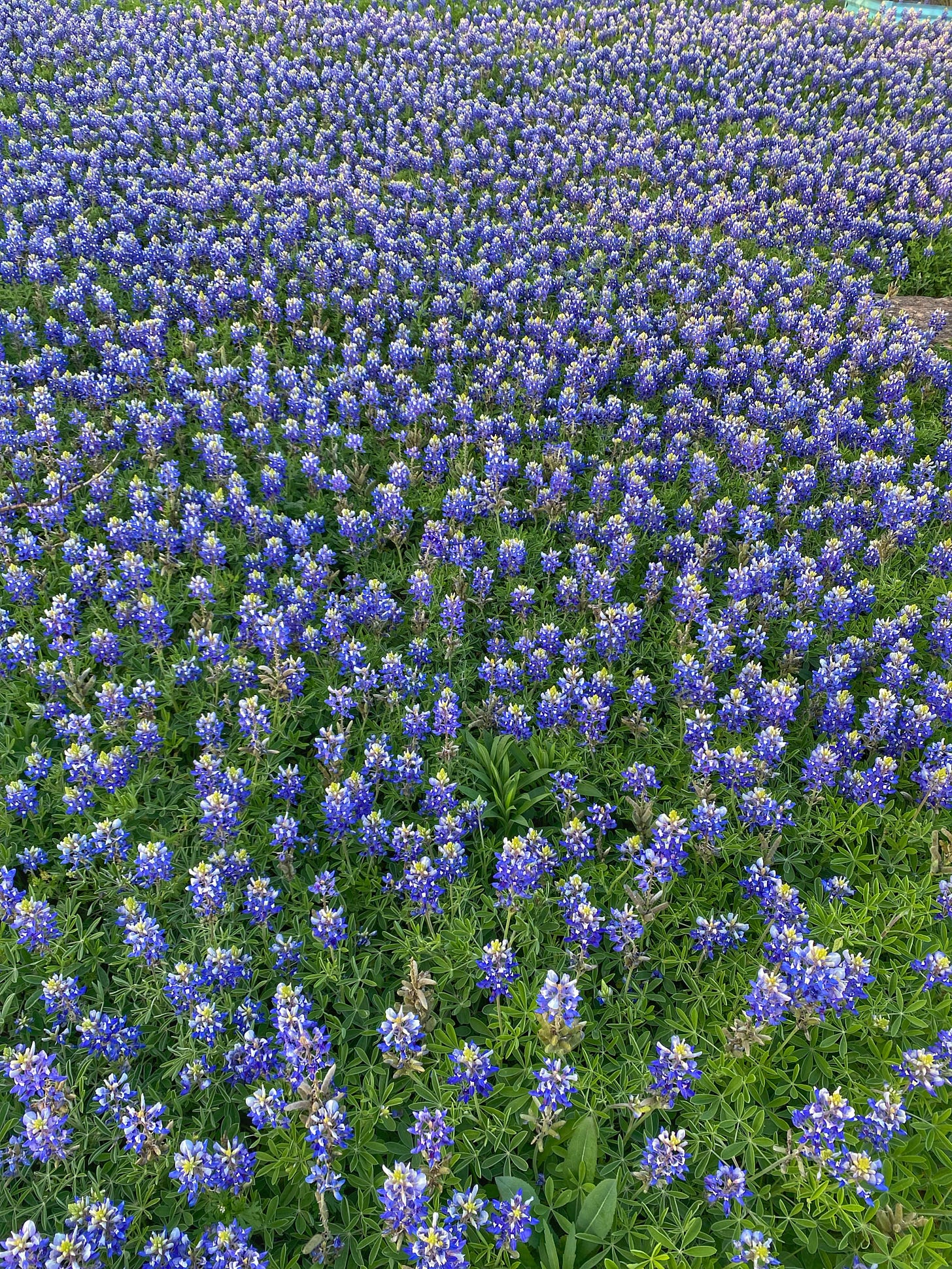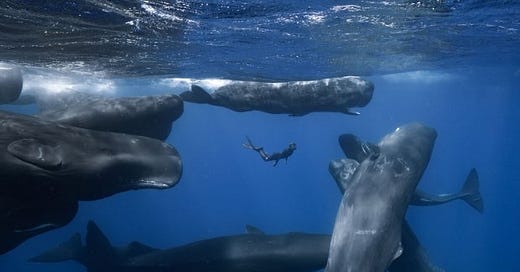Envy is not the thief of joy. Here's what is.
When we demonize normal emotions, we demonize ourselves. (Also: An update on a special butterfly.)
Before I dig into this week’s newsletter, I want to clarify: Envy is different than jealousy. Envy is painfully wanting what someone else has. Jealousy is fearing a loss of something you already have. Ex: A writer feels envious when a fellow writer lands a book contract. A boyfriend feels jealous when someone flirts with his girlfriend. (I didn’t know the difference until I started writing this post!)
At some point in my memoir-writing journey, I learned about the Jungian concept of a “shadow self.” In simple terms, it’s the parts of ourselves we keep hidden, even to ourselves. “Shadow work” is accessing, accepting, and integrating the stuff we’d rather keep in the shadows.
If that sounds daunting, it is. But for writing memoir, it’s essential. To avoid coming across as a flat, one-dimensional narrator, you must linger in your shadow and be brave enough to share what you find with your readers.
As with other aspects of self-discovery, it’s a lifelong process. Your shadow self doesn’t disappear when the book is written. I was reminded of this last week when I found myself fighting with a familiar-but-uncomfortable emotion: envy.
I want to swim with whales, too
The impetus? Several acquaintances of mine were attending a conference in Tampa about the health of the Gulf of Mexico (“GOMCON”), an event I’d love to attend and gather ideas for freelance articles. But instead I was two hours east, in Orlando, for a work meeting focused on increasing traffic and sales to our site, which is about hearing aids and hearing loss.
The thing is, I like my day job, but the social media updates from Tampa kept distracting me. My low-key simmering envy worsened when I left an evening work “mixer” to climb into my hotel bed and watch Patrick and the Whale, a film so beautiful I was teary-eyed when the credits rolled. To have his life for even just a day, I kept thinking.
Envy is an ‘essential part of our emotional awareness’
Fortunately and serendipitously, when I flew home from Orlando, I read an article that helped with a very-needed mindset shift: The Surprising Genius of Jealousy and Envy. As author Karla McLaren, M.ED, shares:
“Most of us have been taught to repress, distrust, or even despise jealousy and envy. Tragically, this can have deeply damaging consequences, because these two emotions are essential parts of our social awareness.”
McLaren argues that we must reframe these feelings not as “green-eyed monsters” (an expression that comes from Shakespeare) nor “deadly sins,” but as normal, healthy and most of all informative:
“Both emotions contain enormous amounts of information about our relationships, our social structures, and our constantly changing place in our multiple social worlds.”
Her words brought me great relief. Just like my annoying habit of comparing myself to others, it is normal to feel envy! So, rather than relegate my frequency sense of envy to a hidden shadow, why not acknowledge it?
So here we go: I envy biologists. I envy certain writers, especially writers specializing in the environment. And that’s about it. I don’t envy rich people. I don’t envy people with a large social media following. I don’t envy athletes. But the scientists and the writers? I admire their grit, their willingness to take on what’s often poorly paid work (at least early on), and their ability to understand organic chemistry (at least among the marine biologists).
Am I willing to listen?
Why is it useful to get all that envy out into the open? As McLaren says:
“If you don't understand envy or know how to work with [envy], you may act in self-abandoning or hyper-greedy ways instead of tuning into the social and interactional genius of envy.”
And indeed, that’s what happened, at least the self-abandoning part. For years, I made choices that took me far from my passions. I ignored what I really envied, prioritizing safety and a salary instead.
And yet, because I am human, even if I suddenly befriended a pod of sperm whales or whatever, I will still grapple with moments of envy until the day I die. And that’s OK. As McLaren stresses, no emotion is bad; all emotions are telling.
What is my shadow self trying to tell me, and will I listen?
in other news…
The ‘friendliest’ butterfly is thriving
Several weeks ago, I shared this photo in Substack’s Notes, which is like Twitter but far less toxic:
This is a Red Admiral butterfly, and I’m happy to report that they are having an excellent season, according to an update from the Texas Butterfly Ranch. If you see one fluttering around, you may be able to get as close as I did — they love human sweat (!), and are therefore considered one of the “friendliest” butterflies.
Read more: No monarchs yet, but Red Admiral butterflies fluttering throughout Texas
Fun fact: The Texas Butterfly Ranch is not an actual location per se, but a reference to an aerial funnel that exists over San Antonio and Austin, in which all butterflies east of the Rockies migrate through, similar to the Central Texas Flyway for birds. Texas’s famous wildflowers start to make a lot of sense when you think about the massive numbers of pollinators that need them!
More good nature news: After recent heavy rains, it promises to be another spectacular Texas spring. Here’s an “as-far-as-the-eyes-can-see” shot I took in March last year. This was actually past-peak for the bluebonnets; you can see lots of greenish-brown seed pods:

A final fun fact: Bluebonnets are extremely well-adapted to Texas and its droughts. The seed coatings are so thick that it takes several years of erosive wear-and-tear before they’ll split open and germinate. So, if you buy seeds, you should “scar” them before planting. That’s how tough they are!




